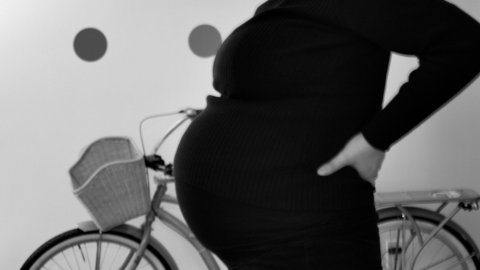Stress During Pregnancy Affects Fetal Development

Stress during pregnancy is understandable. There are preparations to make before the baby arrives and the everyday worry of carrying around another person in your womb. But there’s a difference between the everyday strain of pregnancy and chronic, unyielding stress. For pregnant women, continuous anxiety and mental strain could cause developmental risks to the fetus.
In a press release, lead author of the study, Owen Vaughan, talked about the study, which was published in The Journal of Physiology. Vaughan and his team of researchers used pregnant mice in order to conduct their research, injecting them with a natural glucocorticoid corticosterone to cause stress at different times of fetal development. Researchers injected 20 females from day 11 to 16 and 31 females from day 14 to19, and used 74 females as a control group (they received no injections).
The mice who received injections tended to eat more, however, the researchers noted that the glucocorticoid stress hormones caused a decrease in transition of nutrients through the placenta. Particularly, in the transportation of glucose to the fetus. This resulted in the fetuses weight less than the control-group of mice.
Vaughan explained the long-term effects these stress hormones could have on human offspring:
“Glucocorticoid levels in pregnant women may determine the specific combination of nutrients received by the foetus and influence the long-term metabolic health of their children as a result. This could have implications for women stressed during pregnancy or treated clinically with glucocorticoids, if the mechanisms are similar in humans.”
Read more at EurekAlert!
Photo Credit: futurestreet/Flickr





